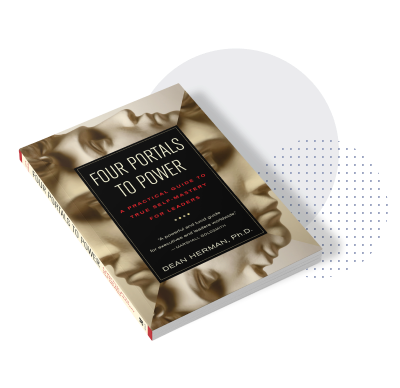Articles
Be Astonishing with Your Predictive Accuracy
August 15, 2012 (Number 36) As a psychologist and consultant, it's my job to identify what is really going on within a person or a team — and even to foretell what will happen in the future. After I've spoken, it's not uncommon for people to ask me minutes or perhaps months later, with a twinge of disbelief, "How did you know that!?"The simple answer is that I used not just the standard professional skills I was trained in, but also my intuition — what some executives call "gut instinct." But I don't have some unusual "psychic" ability. I've simply developed the natural, intuitive capacity we all have.
If you're like most people, though, you probably spend countless hours struggling to "figure things out" while no clear answer emerges. But have you ever noticed how some information just comes to you — how you sometimes "just know" something? Do you trust that intuitive knowledge and act on it? Or do you end up later complaining, "I knew that was going to happen!"
With a little bit of effort, you can develop your intuitive capacities into a quite powerful force. Consider the following:
- Practice using your intuition by quieting your mind, asking a question and then, with rapt attention, feeling your body as you await an answer. With practice, your entire body and especially your lower belly center (about three finger-widths below your navel) will serve as a finely-tuned inner guidance system. Alternatively, if you only need a yes/no answer, let it arise not from your voice, but from the movement (nodding or shaking) of your head.
- One of the greatest obstacles to using your intuition is not trusting it. So build your trust by consistently recording your intuitive insights and whether subsequent events validate them.
- Look out for habitual negative emotions (such as fear and feelings of inadequacy) that can contaminate your intuition. And cross-validate your intuitive hits with logic. You'll often need to rationally explain your conclusions anyway to gain others' buy-in.
Dean Herman


